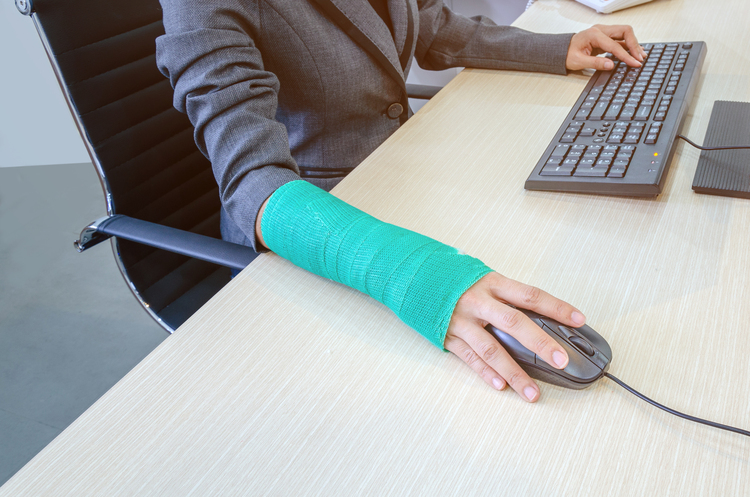Duty of care, breach of duty, causation, and damages are the four key elements of the legal concept of negligence. These elements are the foundation of most personal injury cases. To recover compensation, the plaintiff has to prove that all four elements were present in their situation.
If you were injured in an accident caused by someone else’s carelessness, you may be entitled to compensation through a negligence claim. A San Luis Obispo personal injury lawyer can help you understand your rights and what it takes to prove negligence.

Breaking down the elements of negligence in a personal injury claim
To win a personal injury case, your lawyer must establish that all four elements of negligence were present in your situation.
Duty of care
Duty of care is the legal obligation for one person to act with a certain standard of responsibility for the safety of others. Whether the defendant owed a duty of care toward the plaintiff depends on the relationship between the two.
For example, a physician has a legal duty to provide a specific level of medical care for a patient, including running the proper tests to accurately diagnose a patient and avoiding performing surgery on the wrong part of the body. A driver has a duty of care for others on the road; by having a driver’s license, they implicitly agree to follow all traffic laws and drive defensively to avoid an accident.
Breach of duty of care
A breach of duty of care occurs when the defendant fails to act with the accepted level of care; in most cases, this would be the standard of care that a reasonable person would exercise in similar circumstances.
Using our above examples, a driver would breach their duty of care by texting and driving, speeding, or driving under the influence. Most reasonable people would agree that the defendant’s actions are irresponsible; therefore, the defendant breached their duty of care to the driver they hit.
Causation
Causation means linking the plaintiff’s injuries directly to the defendant’s breach of duty. In other words, the accident and resulting harm would not have occurred but for the defendant’s behavior.
Medical records are essential in proving causation. Prompt medical care helps connect your injuries to the accident. An attorney may also rely on expert testimony to support this part of the case.
Damages
The purpose of a personal injury accident is to secure compensation for losses a plaintiff suffered. If you didn’t have any material losses from the incident, there really isn’t any purpose in filing a lawsuit.
The plaintiff has the burden of proof in personal injury claims, and must submit evidence that the defendant’s breach of duty of care caused them actual harm and losses. Evidence of this includes medical bills, estimates to repair property damage, such as a quote from a body shop, and receipts for other out-of-pocket expenses.
Winning your personal injury claim
For a personal injury claim to be successful, all four of these elements must be established by a preponderance of the evidence. Working with an experienced personal injury lawyer is your best chance of securing fair compensation.
If you’ve been hurt in an accident you didn’t cause, we can help you get full and fair compensation in your personal injury claim. Call Ernst Law Group today at (805) 541-0300 or contact us online for a free consultation.
